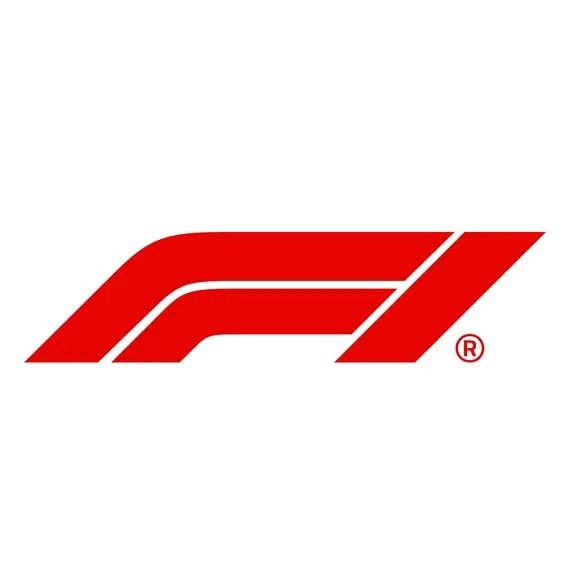Carlos Sainz has voiced his concerns over what he perceives as “a little” race manipulation during the 2025 Monaco Grand Prix. The Williams driver highlighted strategies employed by teams like Racing Bulls and Williams, where drivers deliberately slowed down to benefit their teammates during pit stops. Sainz, along with Alex Albon and Liam Lawson, found themselves losing significant time—approximately 40 seconds each—due to these tactics, which he believes compromised the integrity of the race.
The narrow and twisty layout of the Monaco circuit, combined with a new mandatory two-stop rule, created an environment where overtaking was nearly impossible. Teams exploited this by using slower cars to block competitors, allowing their teammates to pit without losing positions. This approach led to a procession-like race, with minimal on-track action and strategic maneuvers taking precedence over genuine racing.
George Russell of Mercedes was notably affected by these tactics. Frustrated by being stuck behind Albon, he attempted an illegal overtake by cutting a chicane, resulting in a penalty. Post-race, Russell expressed his dissatisfaction, suggesting that the current system allows for such manipulative strategies and calling for changes to enhance the racing spectacle.
In response to the race’s lack of excitement and the strategic gamesmanship, Formula 1 officials and teams are considering various solutions. Proposals include structural changes to the Monaco track, regulatory tweaks like setting maximum lap times to prevent overly cautious driving, and even introducing qualifying-style competitions over the weekend to boost excitement.
Sainz, serving as the director of the Grand Prix Drivers’ Association (GPDA), emphasized the need for rule revisions to prevent such scenarios in the future. He believes that while teams operate within the rules, the spirit of fair competition is compromised when races are influenced more by strategic blocking than by on-track battles.
Despite these suggestions, the Automobile Club de Monaco has maintained that altering the historic circuit is nearly impossible due to its location and infrastructure. The track has seen only minor changes since its inception in 1929, and any significant modifications would require substantial investment and urban planning.
As Formula 1 continues to evolve, balancing tradition with the need for competitive racing remains a challenge. While Monaco’s allure is undeniable, the pressure to adapt and enhance the racing experience is mounting, prompting stakeholders to consider innovative solutions for one of the sport’s most iconic venues.
The debate surrounding the 2025 Monaco Grand Prix underscores the complexities of modern Formula 1 racing. As teams and drivers push the boundaries of strategy within the existing rules, the governing bodies face the task of ensuring that the sport remains both fair and entertaining for fans worldwide.
